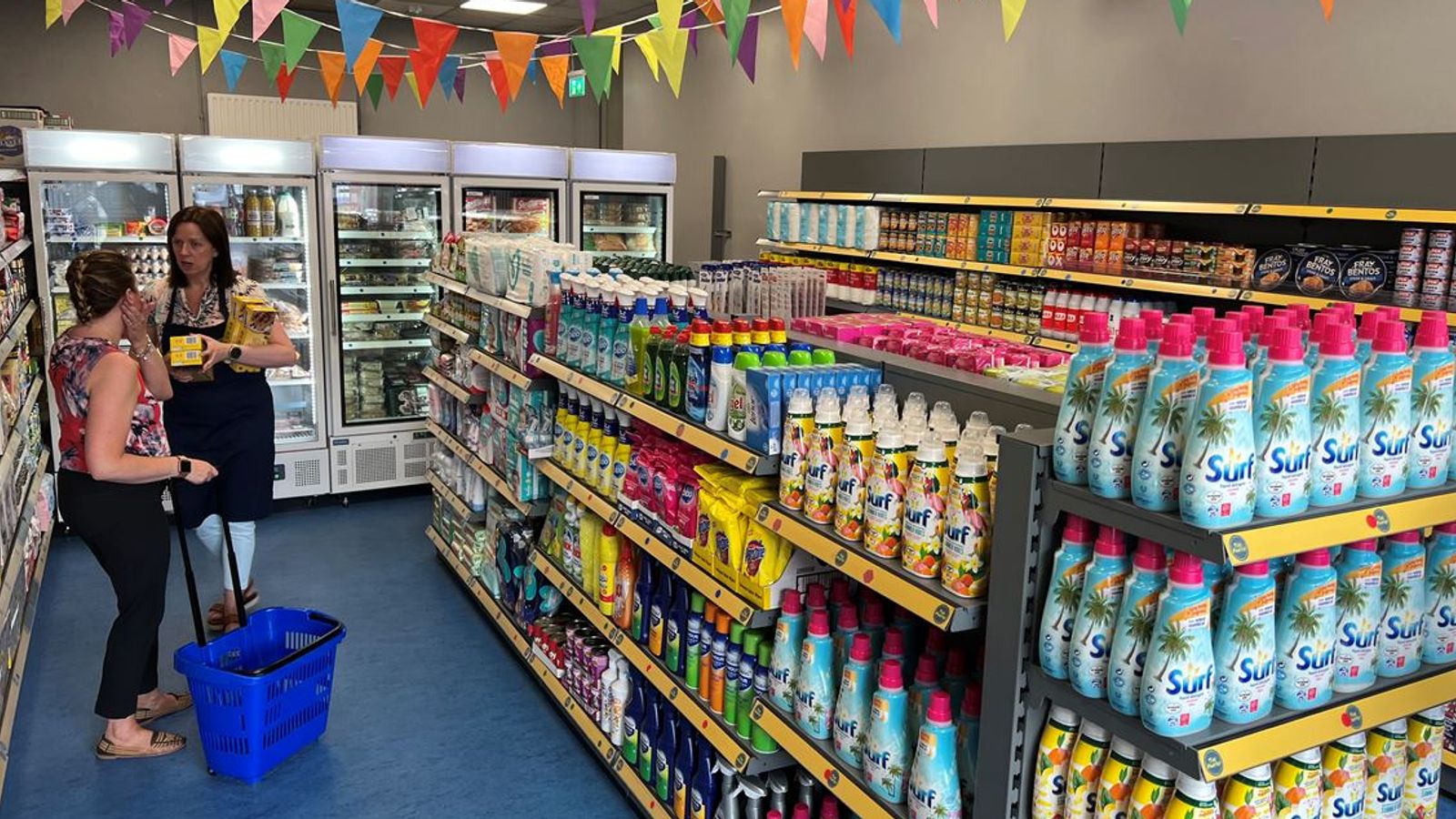At the well-known Nemo’s chip shop on the Upper Lisburn Road in Belfast, there’s an unwelcome addition to the menu.
Above the printed prices for a large portion of chips (£3.60) or a Munch Box (£5.80), a handwritten sign has been attached with tape. In capital letters, it reads: “Please be advised that menu prices have increased. Please check menu below till.”
The business has no choice but to warn its customers. The spiralling cost of fish and oil, largely due to the war in Ukraine, has left the owners – the Morgan family – in an impossible situation.
“What is someone willing to pay for a piece of cod and some chips?” asks Rory Morgan. “Are they willing to pay £20? Are they willing to pay £30? Because it’s at £15 at the minute. We’re not going to go to £20 or £30 – we may as well shut the shop.”
He doesn’t say that lightly – the family have already closed one of their four locations due to soaring energy costs, and those look set to increase again.
People here are more vulnerable to the crisis than anywhere else in the UK; disposable household income in Northern Ireland is less than half of the nationwide average. And in a time of crisis, there is no devolved government to look to for strong leadership.
On Friday, one of the leading suppliers, SSE Airtricity, announced hefty price increases for its gas and electricity customers. The company said gas prices will rise by 28.3% and electricity prices will increase by 35.4% on 1 October.
It’s just the latest in a series of increases that shows no sign of ending. Northern Ireland’s utility regulator has issued a blunt warning that, due to increased wholesale costs, gas prices will increase by 30% from October.
To make matters worse, partly because of the absence of Stormont, there is continued uncertainty over the timing of delivery of the £400 energy payment that households everywhere else in the UK know they will receive in October. The DUP says it should come sometime in November; Sinn Fein says it could be the end of the year.
Utility Regulator chief executive John French says the Treasury didn’t include Northern Irish representatives in the initial talks about the scheme.
“Discussions with England, Scotland and Wales started in March,” said Mr French.
“We weren’t brought into discussions until late June, early July, and that’s brought some of the delays to the process of getting the £400 out to consumers here.”
He admits he finds it “frustrating” because, he says, “this is the most vulnerable area in the whole of the UK, and customers need support coming into this winter period”.
More money spent on gas and electricity means less money for life’s other essentials. With the new school term around the corner, kitting out children is a major expense for many families.
At the Ashton Centre in north Belfast, a pop-up school uniform shop has opened. Here, more than 300 families have been given donated “pre-loved” uniforms and PE gear. Depending on the school, the outfits can cost up to £500 per child – a severe imposition for many in the current economic climate.
“Families are very emotional,” says the centre’s Christine McKeown, standing among the rails of freshly-laundered school blazers.
“Whenever they come in they have very, very little. When they’re walking away, they’ve everything from a full uniform to children’s hair accessories and new socks. It’s wonderful to be able to do this work.”
The centre has also opened a community grocery store, where for a nominal £5 fee, families can select £40 worth of groceries from the immaculately-maintained shelves. The Ashton Centre’s Joanne Kinnear says this gives the families more “agency” than using a food bank, as they budget and choose their goods, as well as accessing other services.
Ms Kinnear says demand has been extremely high, and people’s priorities have underlined how hard the cost of living crisis has hit.
“One of the things where I thought ‘goodness where are we as a society’ was a gentleman who said ‘could I take a toothbrush?’ He said: ‘I don’t have a toothbrush.’ What sort of society are we living in that a toothbrush is considered a luxury?”
The staff have noticed that many children who come in with their parents choose vegetables instead of chocolates or sweets – acutely aware at a young age of their family’s struggle to put meals on the dinner table.






















